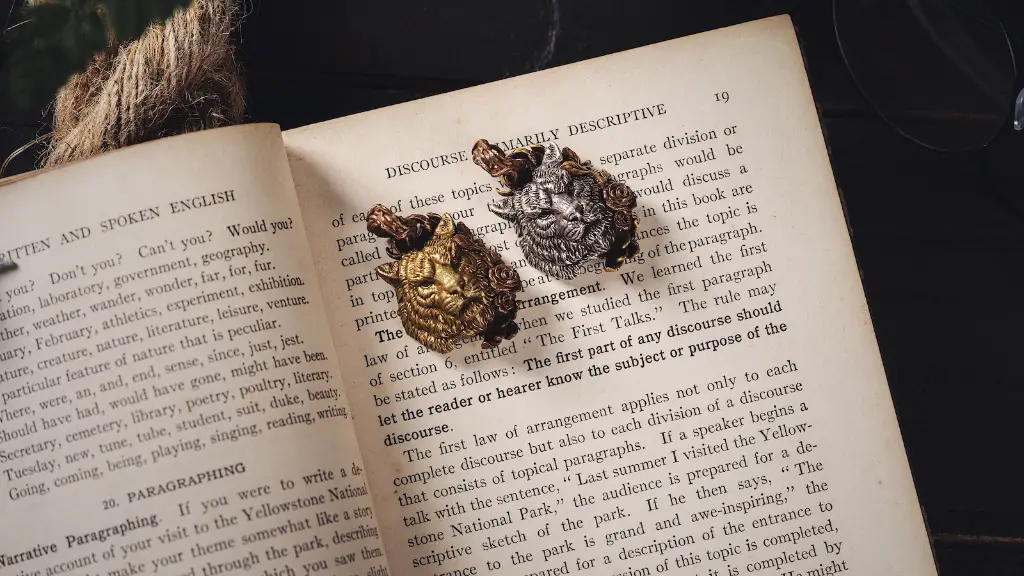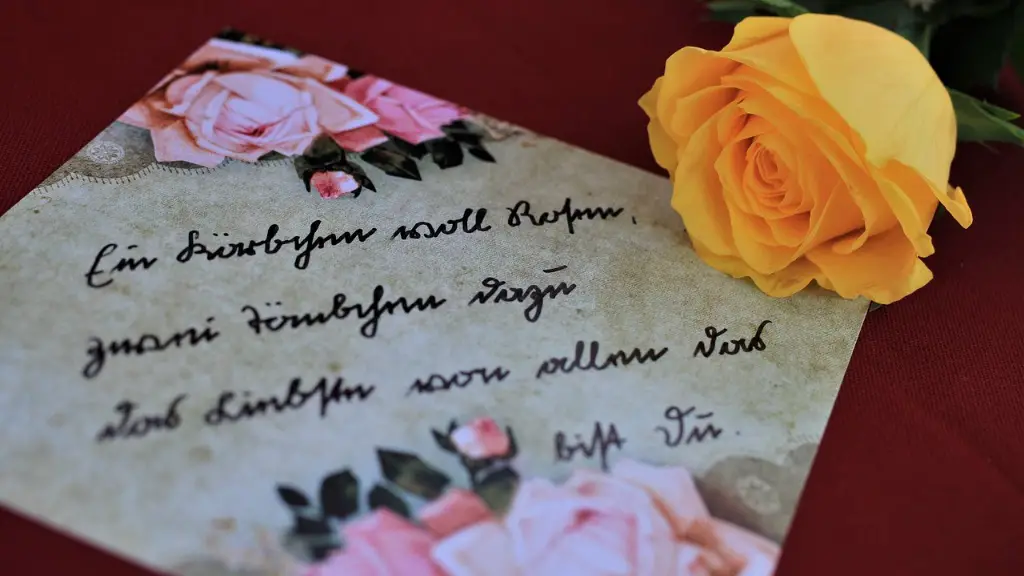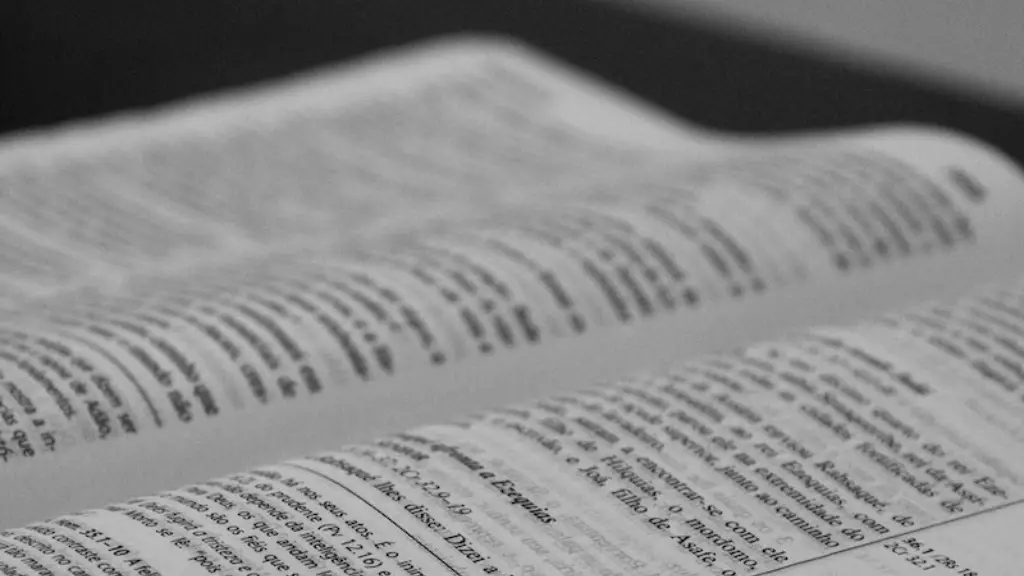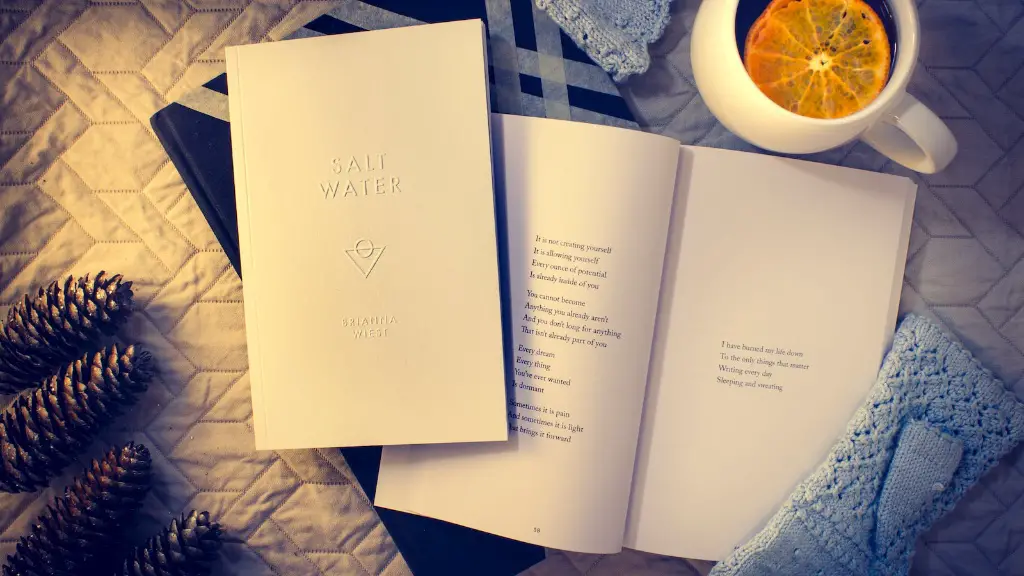Understand the Dark Poetry Genre
Dark poetry is a type of writing that many authors find challenging and rewarding. It can be a way to channel difficult feelings into words and create a more meaningful and varied work. Writing dark poetry requires understanding the basics of this unique genre and using a range of techniques to convey emotion.
Dark poetry is a popular and distinct form of writing that often revolves around somber themes such as corruption, death, despair, and misery. This type of poetry is written for its emotive power rather than its artistic value. It does not necessarily follow a meter or rhyme scheme; however, it does rely heavily on tone and subject matter. Dark poems are often visceral and make the reader feel uncomfortable or unsettled.
Writing dark poetry is a personal and creative process. It can provide a powerful outlet for those who feel overwhelmed by their feelings and find comfort in expressing themselves through poetry. However, writing such content requires a certain level of self-awareness and skill.
Choose Suitable Topics
In order to write effective dark poetry, the author must choose topics that evoke a particular sentiment. These topics could include death, violence, mental illness, suicide or other grim and dark topics. Dark poetry examines uncomfortable issues and can lead to enlightening and cathartic experiences. Therefore, the author should select topics that they feel comfortable tackling.
Dark poetry can also focus on topics from current events such as political turmoil, natural disasters or civil unrest. This can be an effective way to express opinions on a particular issue in a beautifully crafted and emotive way. The topics chosen are key to creating compelling and impactful dark poems.
Create Meaningful Imagery
The imagery used in dark poems should be carefully considered and crafted. It is important to create visual images that evoke a particular emotion and meaning. The imagery should provide depth and serve to amplify the feelings behind the poem.
Using powerful words to describe feelings and emotions is the key to successful dark poetry. Descriptive details should be used sparingly to avoid melodrama, but done effectively can evoke a powerful reaction and enhance the meaning of the poem.
Maintain a Consistent Tone
The tone of a dark poem should be consistent and evoke the desired emotion throughout the piece. Dark poems are often written from a first-person point of view, but authors may also decide to use a third-person perspective for certain pieces.
The tone of dark poems can range from angry and adversarial to sad and melancholic. The overall goal is to be consistent in the moods and tones used throughout the poem.
Consider the Length of the Poem
Dark poetry should generally be short and lyrical, as this contributes to the effective communication of the poem’s message. Long and complex sentences should be avoided as they can lead to a muddy and confused narrative.
Short sentences with strong imagery are more effective in conveying strong emotion and atmosphere. The overall length of the poem should also be considered so that the piece does not drag and lose impact.
Experiment With Language
In dark poetry, words are the tools and the key is to use this tool effectively to convey desired meaning. Using figures of speech, metaphors and vivid descriptions can enhance the poem’s effect. Dark poems are unique in that they can be crafted using many different styles of language from the poetic to the conversational.
The language used should also be consistent throughout the poem and should be free from clichés and fluff words. Experimenting with language is an enjoyable and rewarding exercise for expressing emotion through dark poetry.
Build an Unsettling Atmosphere
The atmosphere in a dark poem should be carefully crafted to reflect the desired emotion and create an unsettling effect. Atmosphere should be built from the first line and carried through to the last.
Using various techniques such as repetition, vivid imagery and alliteration to name a few can help to create a unique atmosphere and evoke the desired emotion. Incorporating techniques to enhance the language and create eeriness, can really draw the reader in and set the tone of the poem.
Edit and Re-Read
The editing process is essential in refining dark poetry and ensuring the correctness of grammar, syntax and structure. Dark poems should not be limited by traditional conventions and formats; however, they should still follow the basic structure and principles of poetry.
The poem should be edited and re-read to ensure the message is conveyed clearly, the emotion evoked and the atmosphere conveyed. Editing is an integral part of any poem, but for dark poetry in particular, it is a crucial step.
Be Creative
Dark poetry can be a creative and rewarding writing endeavour. It is important to use this as an opportunity to explore ideas and use various techniques to communicate emotions. Be creative in the words used and the topics tackled.
Writing dark poetry is a challenge and should not be taken lightly. The most important thing is to remember the purpose of the poem and strive to communicate this in a meaningful way.
Set Goals and Inspire Yourself
When writing dark poetry, it is important to set realistic and achievable goals. This may involve reading other dark poems to gain inspiration and setting a word count or timeline in which to complete the poem.
Refining and editing the poem should also be factored into the timeline. Being mindful of the emotions that are being expressed is also key to creating a successful dark poem.
Read and Gain Feedback
Sharing dark poems with others is a great way to gain feedback and learn from mistakes. Reading other dark poems or listening to spoken word poets is also an effective way to garner ideas and become familiar with the genre.
Gaining feedback from peers or like-minded writers is invaluable in understanding the impact and reach of the poem. This can be a great way to refine and improve the poem and gain an insight into its strengths and weaknesses.
Enjoy the Writing Process
Above all, enjoy the creative process and challenge yourself to learn new things and take on difficult topics through dark poetry. Writing dark poems can be a powerful form of expression and can evoke deep emotions in its readers.
Creating such a piece is a feat of both skill and challenge and is ultimately a very rewarding undertaking. Writing dark poetry gives authors the opportunity to explore uncomfortable topics and allows creativity to flourish through its powerful words.



